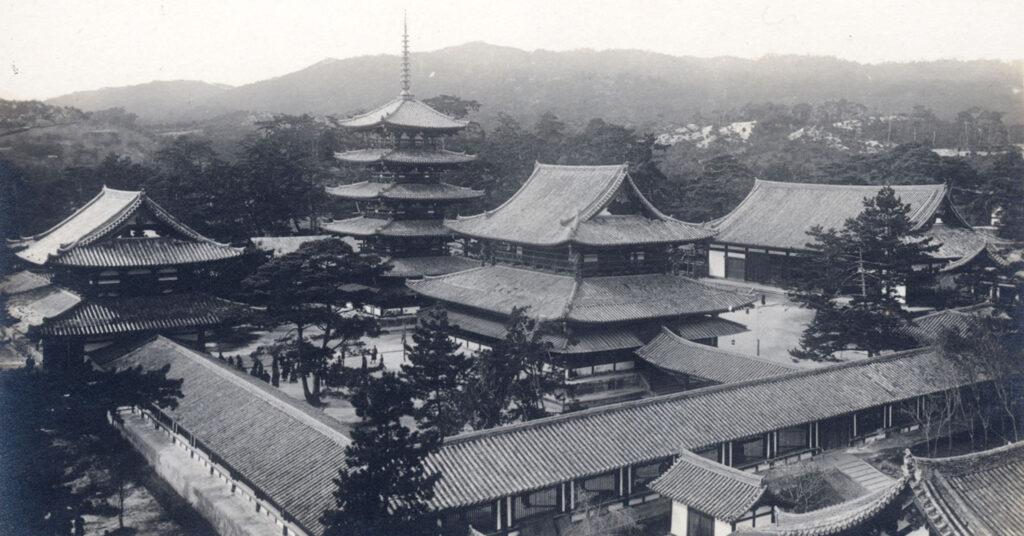In the realm of Japanese business, few entities command as much respect and admiration as the shinise, traditional companies with over 100 years of history. The country is also home to the oldest company in the world, a construction firm specializing in temples and shrines with a mind-boggling 1443 years of operation. These long-standing establishments have weathered the storms of time and emerged as pillars of stability in an ever-changing economic landscape. Often passed down through generations, they embody not just a legacy of commerce but also a testament to the resilience and adaptability of Japanese entrepreneurship. In a time where society seems like it’s starting to regain its footing, let’s delve into some of the reasons for the stability and success of the shinise.
Embracing Tradition: The Heart of Shinise
At the core of Japan’s shinise lies a profound respect for tradition. These companies have not just survived but thrived by adhering to time-honored practices and values passed down through generations. Whether it’s the meticulous craftsmanship of a Kyoto ceramics workshop or the time-tested recipes of a family-owned sake brewery in Hiroshima, shinise companies embrace their heritage as a source of strength and continuity.
Resilience in Adversity: Weathering Challenges
Throughout their long histories, shinise companies have faced numerous challenges – from wars and economic crises to natural disasters and pandemics. Yet, time and again, they have demonstrated a remarkable ability to adapt and survive. This resilience stems not just from their financial strength but also from a deeply ingrained ethos of perseverance, innovation, and commitment to their employees, communities, and craft.
Innovative Succession Strategies: Passing the Torch
In cases where there are no blood-related heirs to inherit the family business, some shinise have adopted innovative strategies. They may seek out talented individuals from within the company or even outside it, who embody the values and ethos of the shinise, to carry on its legacy. This open-minded approach to succession ensures that the company’s traditions and culture can endure, regardless of familial lineage.
Commitment to Craft: Steadfastness Amidst Change
Furthermore, shinise companies are known for their unwavering dedication to their craft or product. Unlike modern businesses that may pivot quickly in response to market trends, shinise tend to stay true to their core offerings. This steadfast commitment to quality and tradition not only reinforces their brand identity but also fosters long-term customer loyalty.
Looking ahead, as Japan’s economy continues to evolve in the 21st century, the role of shinise companies remains as crucial as ever. Their ability to blend tradition with innovation, customer trust with global expansion, and resilience with adaptability will be key to navigating the challenges of an increasingly interconnected and competitive world. Japan’s shinise are not relics of the past; they are beacons of stability and strength, guiding the way forward for generations to come.

